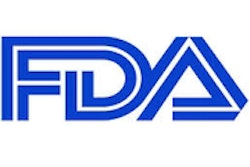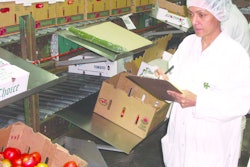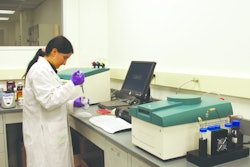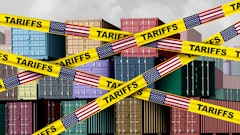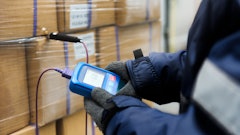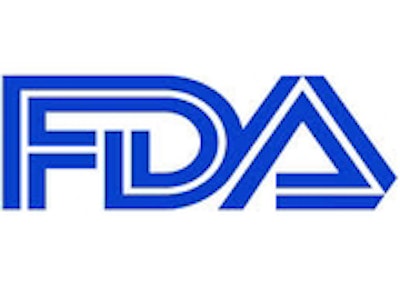
The Food and Drug Administration (FDA) has issued a proposed rule to amend the accreditation of third party auditors and to establish a user fee program for audit administration for imported food.
The new proposal amends the proposed rule, “Accreditation of Third-Party Auditors/Certification Bodies to Conduct Food Safety Audits and to Issue Certifications” (Accreditation of Third-Party Auditors proposed rule) and to propose to establish a reimbursement (user fee) program to assess fees and require reimbursement for the work performed to establish and administer the system for the Accreditation of Third-Party Auditors under the FDA Food Safety Modernization Act (FSMA).
This rule establishes regulations for accreditation of third-party auditors to conduct food safety audits. FDA is taking this action to improve the safety of food that is imported into the U.S.
The use of accredited third-party auditors to certify food imports will assist in ensuring the safety of food from foreign origin entering U.S. commerce. Accredited third-party auditors auditing foreign facilities can increase FDA's information about foreign facilities that FDA may not have adequate resources to inspect in a particular year.
FDA will establish identified standards creating overall uniformity to complete the task. Audits that result in issuance of facility certificates will provide FDA information about the compliance status of the facility. Additionally, auditors will be required to submit audit reports that may be reviewed by FDA for purposes of compliance assessment and work planning.
Section 808 of the FD&C Act directs FDA to establish, not later than two years after the date of enactment, a system for the recognition of accreditation bodies that accredit third-party auditors, who, in turn, certify that their eligible entities meet the requirements. If within two years after the date of the establishment of the system, FDA has not identified and recognized an accreditation body, FDA may directly accredit third party auditors.
FSMA described in detail the framework for, and requirements of, the accredited third-party auditor program. Alternatives include certain oversight activities required of recognized accreditation bodies that accredit third-party auditors, as distinguished from third-party auditors directly accredited by FDA. Another alternative relates to the nature of the required standards and the degree to which those standards are prescriptive or flexible.
The benefits of the proposed rule would be less unsafe or misbranded food entering U.S. commerce. Additional benefits include the increased flow of credible information to FDA regarding the compliance status of foreign firms and their foods that are ultimately offered for import into the U.S., which information, in turn, would inform FDA's work planning for inspection of foreign food facilities and might result in a signal of possible problems with a particular firm or its products, and with sufficient signals, might raise questions about the rigor of the food safety regulatory system of the country of origin.
The compliance costs of the proposed rule would result from the additional labor and capital required of accreditation bodies seeking FDA recognition and of third-party auditors seeking accreditation to the extent that will involve the assembling of information for an application unique to the FDA third-party program. The compliance costs associated with certification will be accounted for separately under the costs associated with participation in the voluntary qualified importer program, and the costs associated with mandatory certification for high-risk food imports.
The third-party program is funded through revenue neutral-user fees, which will be developed by FDA through rulemaking. User fee costs will be accounted for in that rulemaking.
FDA is proposing this rule to provide greater assurance the food offered for import into the U.S. is safe and will not cause injury or illness to animals or humans. The rule would implement a program for accrediting third-party auditors to conduct food safety audits of foreign food entities, including registered foreign food facilities, and based on the findings of the regulatory audit, to issue certifications to foreign food entities found to be in compliance with FDA requirements.
The certifications could be used by importers seeking to participate in the Voluntary Qualified Importer Program for expedited review and entry of product, and would be a means to provide assurance of compliance as required by FDA based on risk-related considerations. The rule would apply to any foreign or domestic accreditation body seeking FDA recognition, any foreign or domestic third-party auditor seeking accreditation, any registered foreign food facility or other foreign food entity subject to a food safety audit (including a regulatory audit conducted for purposes of certification), and any importer seeking to participate in the Voluntary Qualified Importer Program. Fewer instances of unsafe or misbranded food entering U.S. commerce would reduce the risk of serious illness and death to humans and animals.
For information, visit: http://www.qualityassurancemag.com/FDA-Publishes-Proposed-FSMA-Rule-on-Accreditation-of-Third-Party-Auditors.aspx




